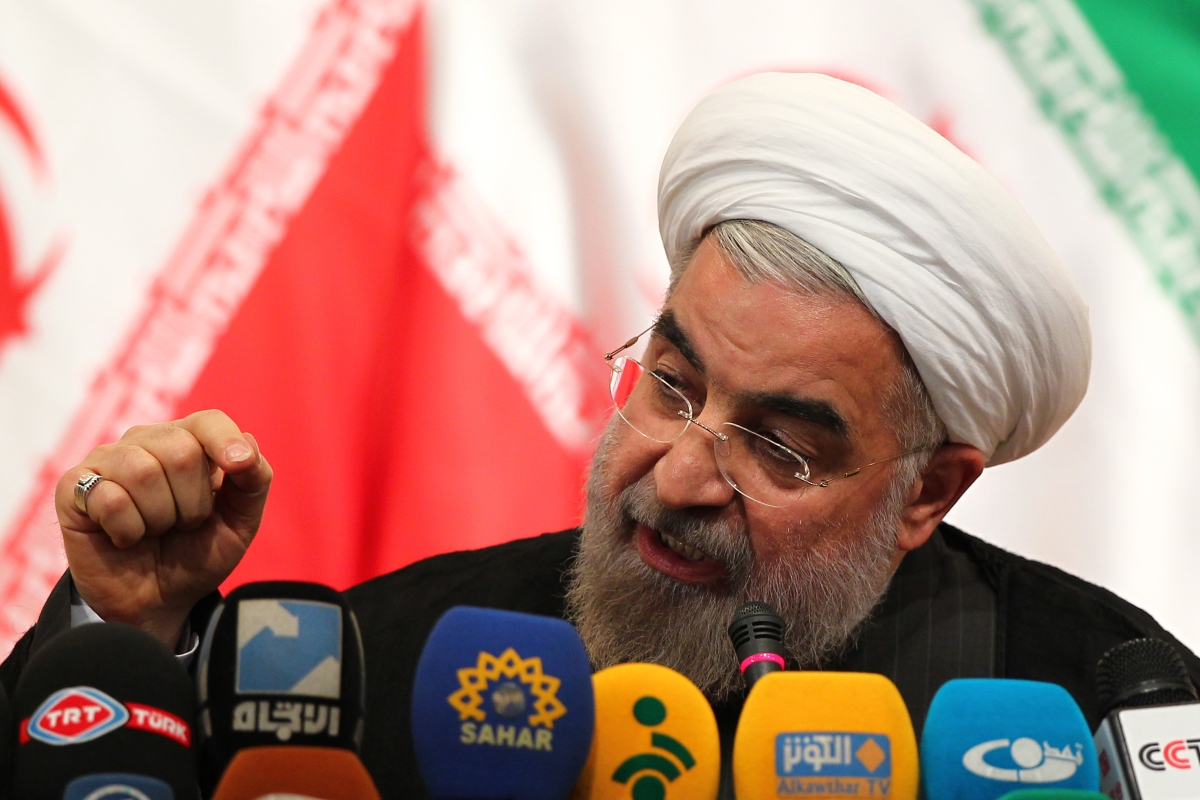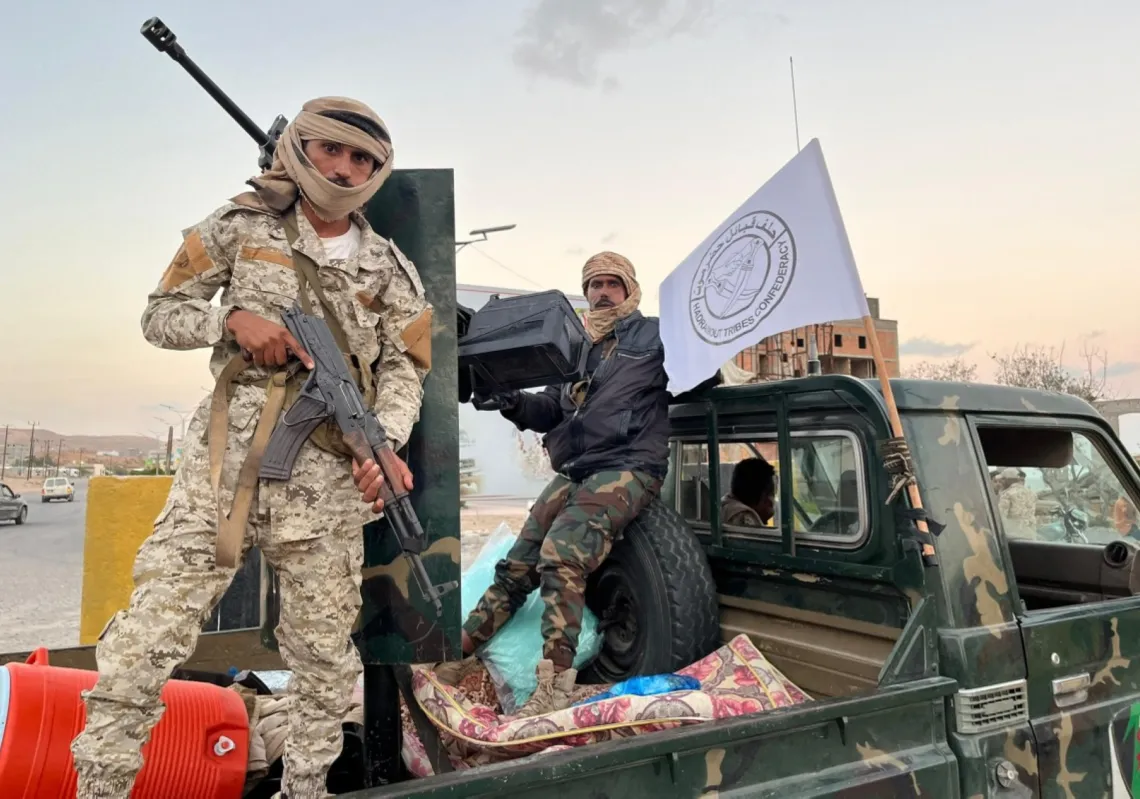 Iran's president elect Hassan Rouhani speaks during his first press conference after being elected on June 17, 2013 in Tehran, Iran. MAJID SAEEDI/Getty Images[/caption]The international response to the election of Hassan Rouhani last week has been understandably mixed. Countries with an axe to grind with Iran, like Israel, have taken a distinctly pessimistic tone. Prime Minister Benjamin Netanyahu said, “Let us not delude ourselves.... The international community must not be tempted to relax the pressure on Iran.... [Rouhani] still defines the state of Israel as ‘the great Zionist Satan.’”
Iran's president elect Hassan Rouhani speaks during his first press conference after being elected on June 17, 2013 in Tehran, Iran. MAJID SAEEDI/Getty Images[/caption]The international response to the election of Hassan Rouhani last week has been understandably mixed. Countries with an axe to grind with Iran, like Israel, have taken a distinctly pessimistic tone. Prime Minister Benjamin Netanyahu said, “Let us not delude ourselves.... The international community must not be tempted to relax the pressure on Iran.... [Rouhani] still defines the state of Israel as ‘the great Zionist Satan.’”
Strangely, Canada went even further, with foreign minister John Baird calling the elections “meaningless,” adding that Rouhani was merely a “puppet” of Iran’s supreme leader.
The US response also betrayed a great deal of caution, but was much more pragmatic about the chance of better relations. Obama’s chief of staff, Denis McDonough, for instance, said Rouhani’s election was a “potentially hopeful sign.”
In some ways, the pro- and anti-Rouhani points of view contain equal amounts of truth and hyperbole. In one sense, the skeptics are right: as president, Rouhani will still be subject to Iran’s supreme leader, Ayatollah Ali Khamenei, under Iran’s system of velayet-e faqih, governance by a supreme Islamic jurist. Rouhani was also vetted by Iran’s Guardian Council before he was allowed to stand, which would probably not have approved his candidacy if there was any suggestion that he was disloyal to Iran’s existing system of clerical rule.
It is true that in most democratic states, politics tend to be dominated by a small number of political parties, leading some to say they offer only the illusion of choice. Post-war Japan, for instance, has been ruled by the Liberal Democratic Party for all but four years, while many American Congressional districts are the product of gerrymandering. On the other hand, they also allow fringe candidates from all walks of life and virtually all political positions to stand. Iran’s last election offered only eight candidates, even though more than 600 people applied for candidacy.
Fully half of the candidates were also broadly similar in their political views, with no fewer than four members of the conservative camp. Significantly, none of the eight were women, despite the fact that Iranian women have served in parliament and the cabinet.
On the other hand, Rouhani was chosen by the Iranian people. In that sense, his election does represent an expression of the popular will: unlike in 2009, there is no dispute about the integrity of the balloting process. Ordinary Iranians took to the streets to celebrate when the results were announced. Rouhani’s victory, especially in the first round, is effectively an endorsement of his desires to obtain sanctions relief, pursue a less confrontational approach to foreign affairs, and his desire to rebuild bridges with Iran’s neighbors, as well as his pledges to deal with Iran’s serious economic problems.
Rouhani’s commitment to Iran’s right to enrich uranium is also backed by a large part of the Iranian populace. While public opinion polls are not fool proof, especially in Iran, they indicate that support for a firm position that upholds all of Iran’s legal rights under the nuclear Non-Proliferation Treaty is strong among the Iranian public. They are rightly skeptical of claims that Iran cannot be permitted to possess the same technology as many other countries that are not subject to the same suspicion and sanctions.
As for claims that Rouhani’s election represents a new opportunity for better relations with the West and Iran’s neighbors, these are also correct to some extent. While it is true that Rouhani will be unable to implement major changes in policy without the backing of the supreme leader, his interlocutors abroad also have a say. Ultimately, Rouhani will need to show the people who elected him that his policies are delivering real benefits as much as any of the Western politicians with whom he may negotiate do. If the US and its allies want to improve relations with Iran in the wake of Rouhani's election, they will have to do some of the work themselves, and make genuine efforts to cooperate with him.









